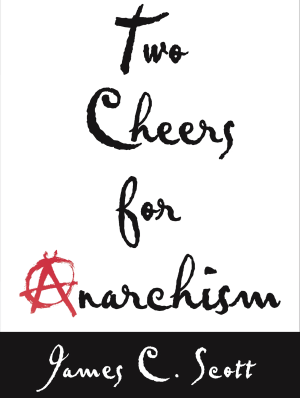- cross-posted to:
- anarchism@slrpnk.net
- cross-posted to:
- anarchism@slrpnk.net
Just as much of the politics that has historically mattered has taken the form of unruly defiance, it is also the case that for subordinate classes, for most of their history, politics has taken a very different extra-institutional form. For the peasantry and much of the early working class historically, we may look in vain for formal organizations and public manifestations. There is a whole realm of what I have called “infrapolitics” because it is practiced outside the visible spectrum of what usually passes for political activity. The state has historically thwarted lower-class organization, let alone public defiance. For subordinate groups, such politics is dangerous. They have, by and large, understood, as have guerrillas, that divisibility, small numbers, and dispersion help them avoid reprisal.
By infrapolitics I have in mind such acts as foot-dragging, poaching, pilfering, dissimulation, sabotage, desertion, absenteeism, squatting, and flight. Why risk getting shot for a failed mutiny when desertion will do just as well? Why risk an open land invasion when squatting will secure de facto land rights? Why openly petition for rights to wood, fish, and game when poaching will accomplish the same purpose quietly? In many cases these forms of de facto self-help flourish and are sustained by deeply held collective opinions about conscription, unjust wars, and rights to land and nature that cannot safely be ventured openly. And yet the accumulation of thousands or even millions of such petty acts can have massive effects on warfare, land rights, taxes, and property relations. The large-mesh net political scientists and most historians use to troll for political activity utterly misses the fact that most subordinate classes have historically not had the luxury of open political organization. That has not prevented them from working microscopically, cooperatively, complicitly, and massively at political change from below. As Milovan Djilas noted long ago, “The slow, unproductive work of disinterested millions, together with the prevention of all work not considered “socialist”, is the incalculable, invisible, and gigantic waste which no communist regime has been able to avoid.”


